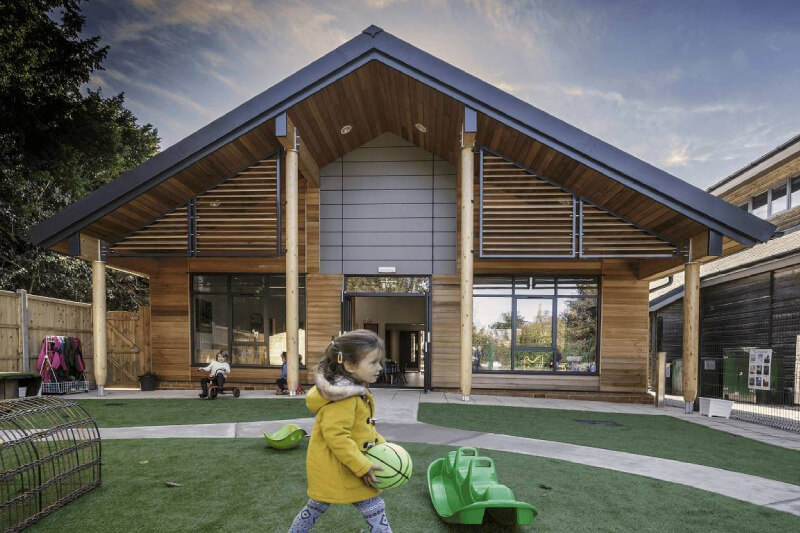Asphalt Vs. Tarmac: what’s the difference?
Posted 1 Jul 2025
Every day and on every project, we are constantly making construction and infrastructure decisions that best meet the way we want to live and are safe and durable. This is what it means to live by our mantra, ‘Engineering for life’. Sometimes, it’s the simple questions that cause the most confusion which is why we take every opportunity to share our knowledge and simplify the complex. One question we were asked recently was, ‘What is the difference between Asphalt and Tarmac’ and we thought we’d share our answer with you.
Asphalt driveway or tarmac driveway
Asphalt and tarmac are often confused with each other by home and business, both being suitable and common paving materials – but, they do have distinct differences. Understanding the asphalt or tarmac difference will help you make the right decision for your driveway, road or parking area.
What is Asphalt?
Sometimes called hot-mix asphalt, sometimes referred to as AC pavement, asphalt is made from a mixture of bitumen and aggregates such as sand, gravel, or crushed stones. Ideally used for asphalt driveways and asphalt paving if offers flexibility and the durability, to withstand high volume traffic and severe weather changes, rain or temperature.
What is Tarmac?
Tarmac, taken from the name Tar Macadam, is made from binding together tar with various aggregates, like crushed stone or gravel. In years gone by tarmac was the popular choice for roads, parking areas and driveways, but of recent years it has been less used due to the rise of more durable materials. That said it is still chosen for aesthetic appeal or historical reasons.
The key differences between asphalt vs tarmac
- Composition
- Asphalt is bound together using bitumen, a thick, viscous substance derived from crude oil.
Tarmac uses tar as its binder, a byproduct of coal. - Tarmac uses tar as its binder, a byproduct of coal.
- Asphalt is bound together using bitumen, a thick, viscous substance derived from crude oil.
- Performance
- Asphalt is more flexible across different uses, proving more resilient to handling extreme weather changes and heavy traffic better.
- Tarmac being more rigid means it can crack more easily, making it less suitable for heavy traffic areas. It’s worth noting both options are recyclable.
- Installation
- Asphalt has a faster curing time, ideal for quick-access projects such as an asphalt driveway.
- Tarmac takes longer to cure, not so great for areas that need to be accessed again quickly such as a tarmac driveway, road or parking area.
- Appearance
- Asphalt has a smooth, dark finish for a sleek look.
- Tarmac has a more textured, rustic appearance.
- Price
- Asphalt driveways are usually the cheaper of the two options which when combined with the improved durability represents better value overall.
- Tarmac driveways are typically more expensive due to longer curing and preparation times, especially if going for a more environmentally friendly permeable tarmac for better water drainage and run-off, not available with asphalt.
Key differences summary
| Feature | Asphalt | Tarmac |
|---|---|---|
| Binder | Bitumen | Tar |
| Flexibility | More flexible | Rigid |
| Durability | Lasts longer under heavy traffic | Can crack under heavy loads |
| Installation time | Quick curing | Longer curing time |
| Aesthetic | Smooth, dark finish | Textured, rustic finish |
| Cost | Generally lower cost | Typically, higher |
| Environmental impact | Less permeable | More permeable |
Should I choose asphalt or tarmac?
Talk to us about your project and we’ll consider all factors that will inform your decision, but as a guide these are the main things to consider when choosing between asphalt or tarmac:
- Weather: Asphalt performs better in fluctuating temperatures and severe weather.
- Traffic: Asphalt is more durable under heavy traffic load.
- Aesthetics: Tarmac offers a classic look that more people are familiar with.
- Environmental: Permeable tarmac allows for better run-off and drainage. Both are recyclable.
- Budget: Asphalt is typically more cost-effective, especially for larger projects.
Happy paving!




